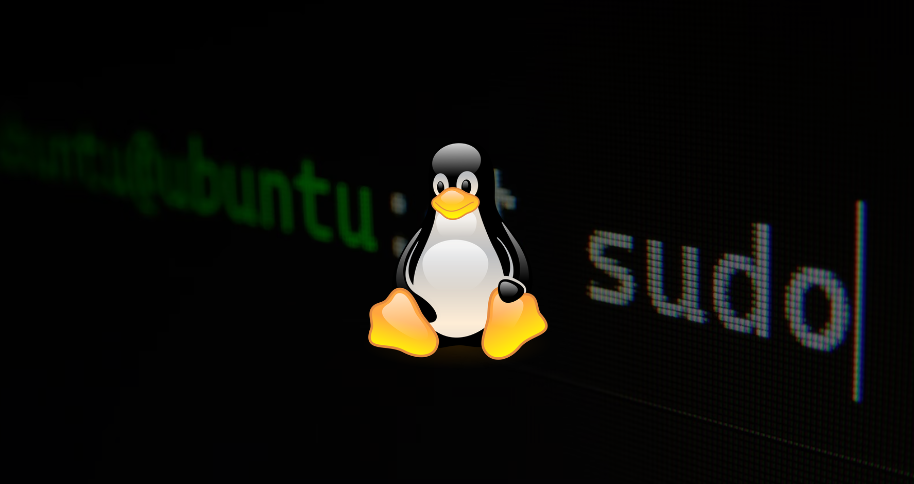Libcue Vulnerability Exposes Linux GNOME to 1-Click Remote Code Execution

The widely used Linux GNOME desktop environment faces a significant security threat due to a memory corruption vulnerability discovered in the open-source libcue library. This vulnerability, identified as CVE-2023-43641, presents attackers with the capability to execute arbitrary code on Linux systems running GNOME.
Libcue, primarily designed for parsing cue sheet files used in audio CD layouts, is an integral part of the Tracker Miners file metadata indexer. Tracker Miners is a default component in the latest GNOME desktop versions, making this vulnerability particularly concerning for Linux users.
Cue sheets, or CUE files, are plain text files containing critical information about audio track layouts on CDs, including details like track length, song names, and artists. These files are commonly associated with the FLAC audio format.
The vulnerability takes advantage of the automated indexing behavior of Tracker Miners, which scans and indexes all downloaded files to update the search index on GNOME Linux devices. In this scenario, a crafted malicious .CUE file needs to be downloaded and stored in the ~/Downloads folder.
See Also: So you want to be a hacker?
Offensive Security, Bug Bounty Courses
The flaw is triggered when Tracker Miners’ metadata indexer parses the saved malicious .CUE file, utilizing the tracker-extract process.
Notably, the exploitation process is alarmingly straightforward; an attacker can potentially exploit CVE-2023-43641 with a single click by tricking a victim into downloading a malicious .CUE file.
GitHub security researcher Kevin Backhouse, who uncovered this vulnerability, demonstrated a proof-of-concept exploit. However, the release of this PoC has been delayed to allow ample time for all GNOME users to update their systems and protect against potential threats.
Video of my PoC for CVE-2023-43641: out-of-bounds array access in libcue. libcue is used by tracker-miners, which automatically scans new files in ~/Downloads, so the bug is triggered by downloading a file. pic.twitter.com/xCSkaHD7zp
— Kev (@kevin_backhouse) October 9, 2023
libcue RCE exploit PoC (Kevin Backhouse)
While the PoC exploit may require some adjustments to function optimally on various Linux distributions, Backhouse has already crafted reliable exploits tailored for Ubuntu 23.04 and Fedora 38 platforms.
Trending: Offensive Security Tool: Noir
It’s crucial for administrators and Linux users to prioritize system patching and mitigation measures to address this security flaw. CVE-2023-43641 poses a severe risk as it provides an avenue for code execution on devices running the latest versions of widely used Linux distributions, including Debian, Fedora, and Ubuntu.
Kevin Backhouse has previously uncovered other critical security flaws within Linux systems, including a privilege escalation vulnerability in the GNOME Display Manager (gdm) and an authentication bypass in the widely adopted polkit authentication system service.
In a related context, proof-of-concept exploits have already surfaced for another high-severity flaw in the GNU C Library’s dynamic loader, identified as CVE-2023-4911, allowing local attackers to gain root privileges on major Linux platforms.
Are u a security researcher? Or a company that writes articles or write ups about Cyber Security, Offensive Security (related to information security in general) that match with our specific audience and is worth sharing?
If you want to express your idea in an article contact us here for a quote: [email protected]
Source: www.bleepingcomputer.com












